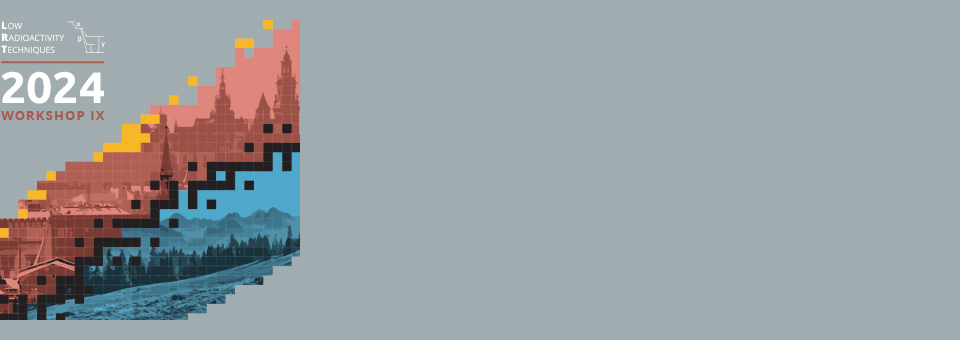Speaker
Description
The Jiangmen Underground Neutrino Observatory (JUNO) is a state-of-the-art liquid-scintillator-based neutrino physics experiment under construction in South China. Thanks to 20 ktons of the ultra-pure liquid scintillator (LS), JUNO can perform innovative and groundbreaking measurements like determining neutrino mass ordering. To mitigate the impact of radioactivity emanating from the surrounding rocks and detector materials, as well as to tag cosmic muons, the central detector is immersed in a Water Cherenkov Detector (WCD) comprising 35 kton of Ultra-Pure Water (UPW) and 2400 20-inch MCP-PMTs.
A 100t/h UPW production system is equipped to supply UPW for the WCD. According to the Monte-Carlo simulation results, the radon concentration in the UPW has to be reduced to less than 10 mBq/m3. An online radon removal system based on the JUNO prototype has been developed to achieve this. By integrating micro-bubble generators to enhance degasser’s radon removal efficiency, the radon concentration in water can be reduced to sub-mBq/m3 level, meeting the stringent requirements of JUNO. Additionally, a highly sensitive online radon concentration measurement system capable of detecting concentrations of ~0.25 mBq/m3 in water has been developed to monitor the radon concentrations. This talk will introduce the detail of the development of low radon UPW, the detail of the online radon concentration measurement system, and the recent progress of the JUNO 100t/h ultrapure water system.

